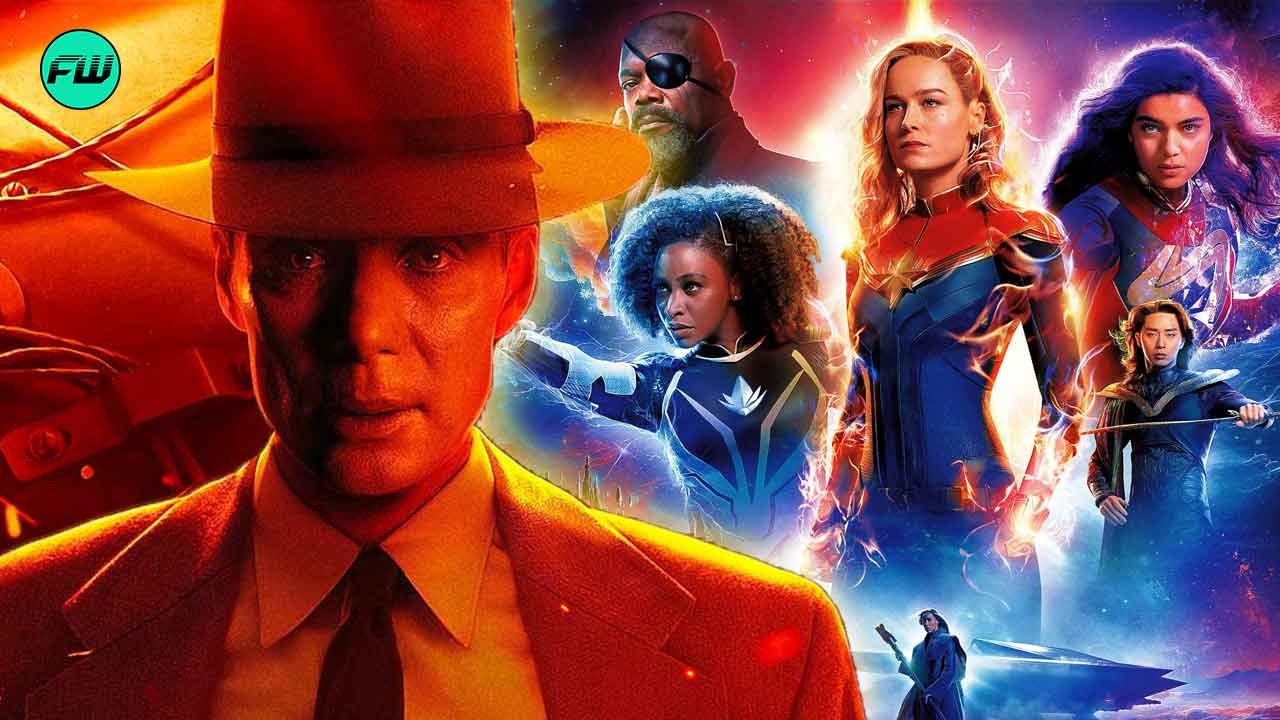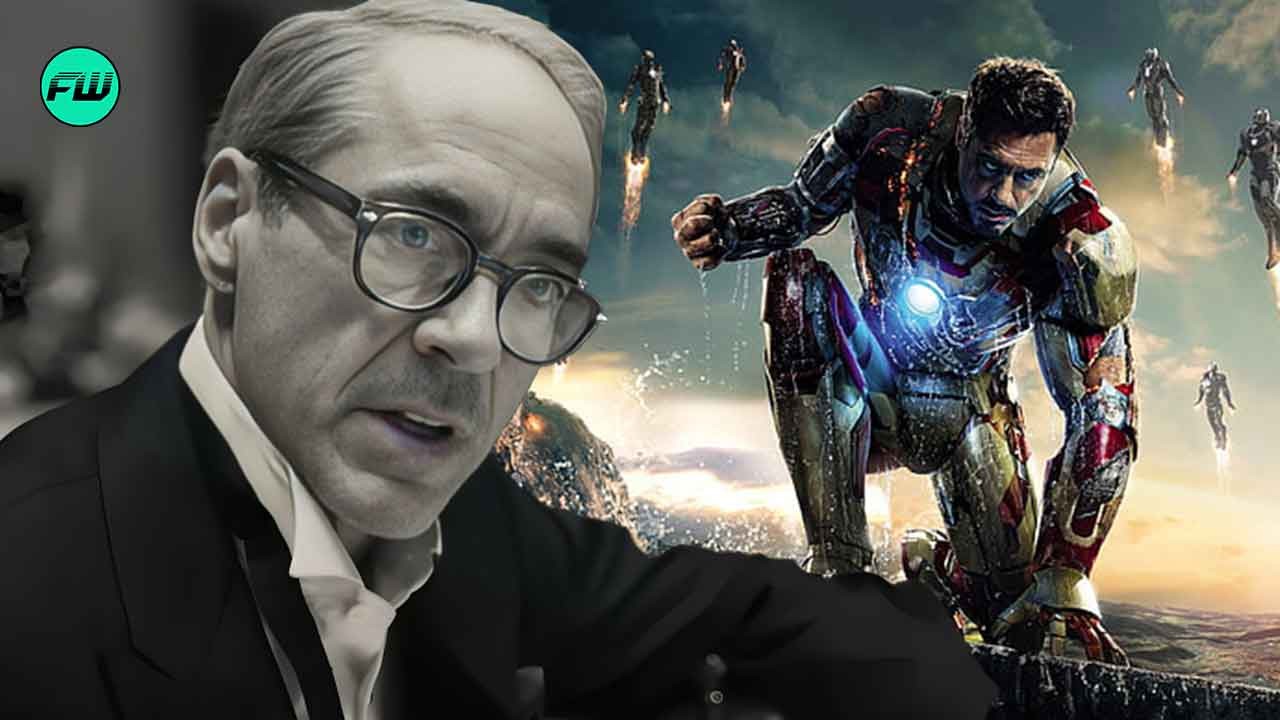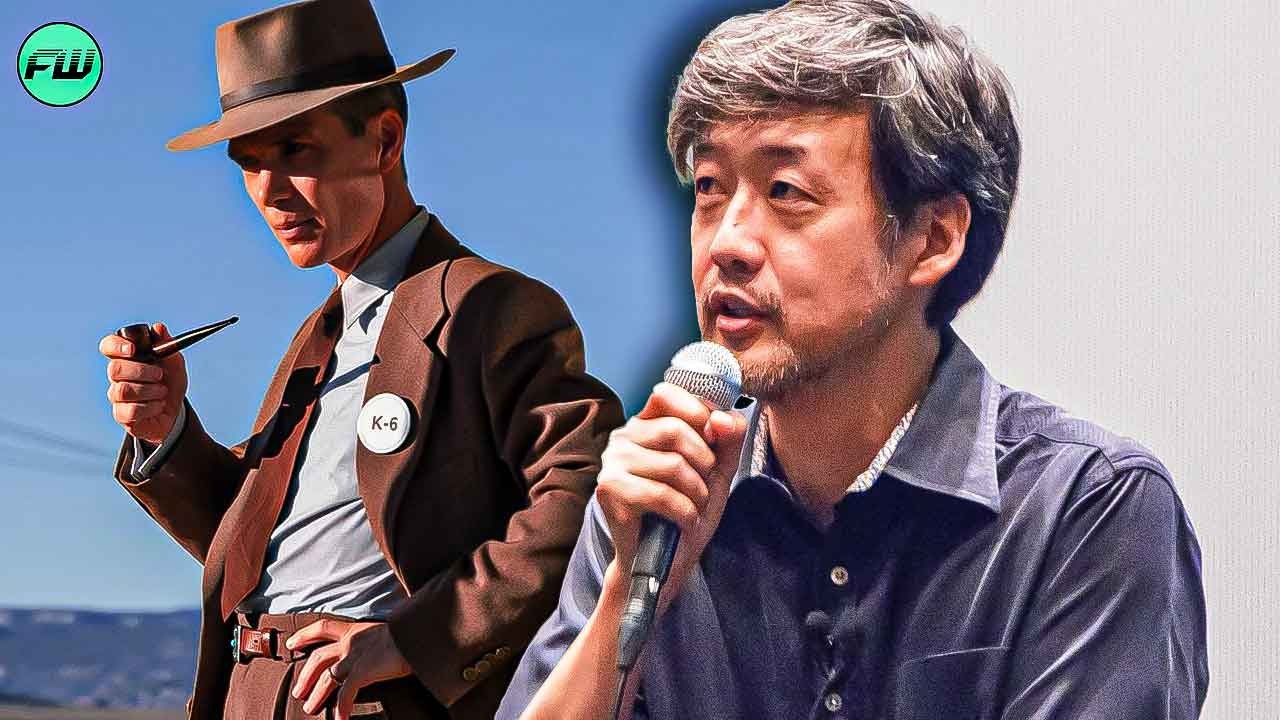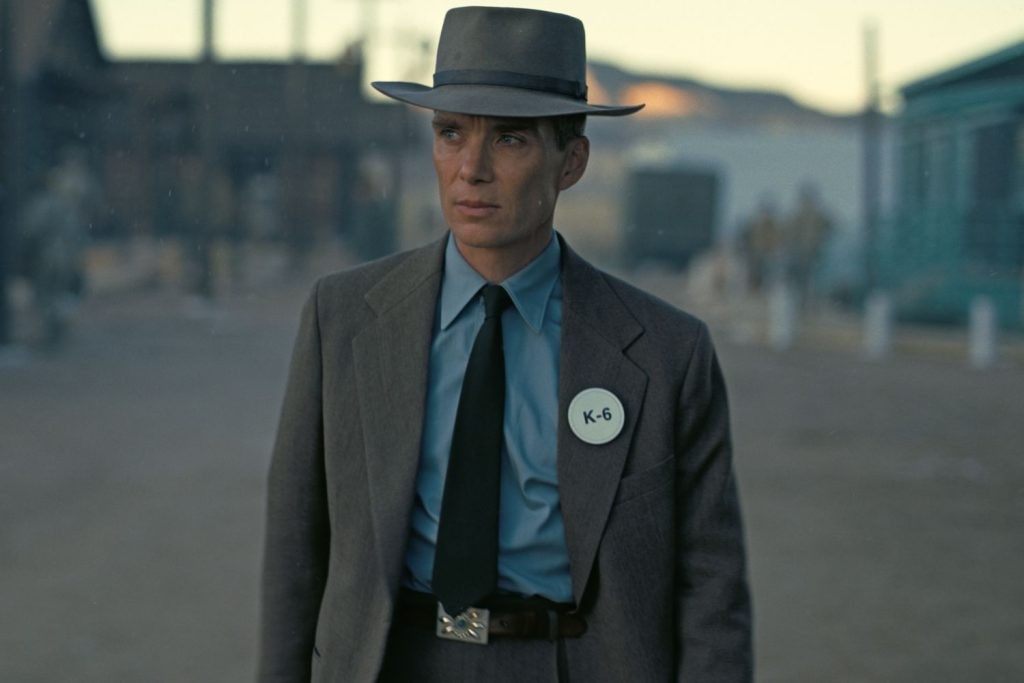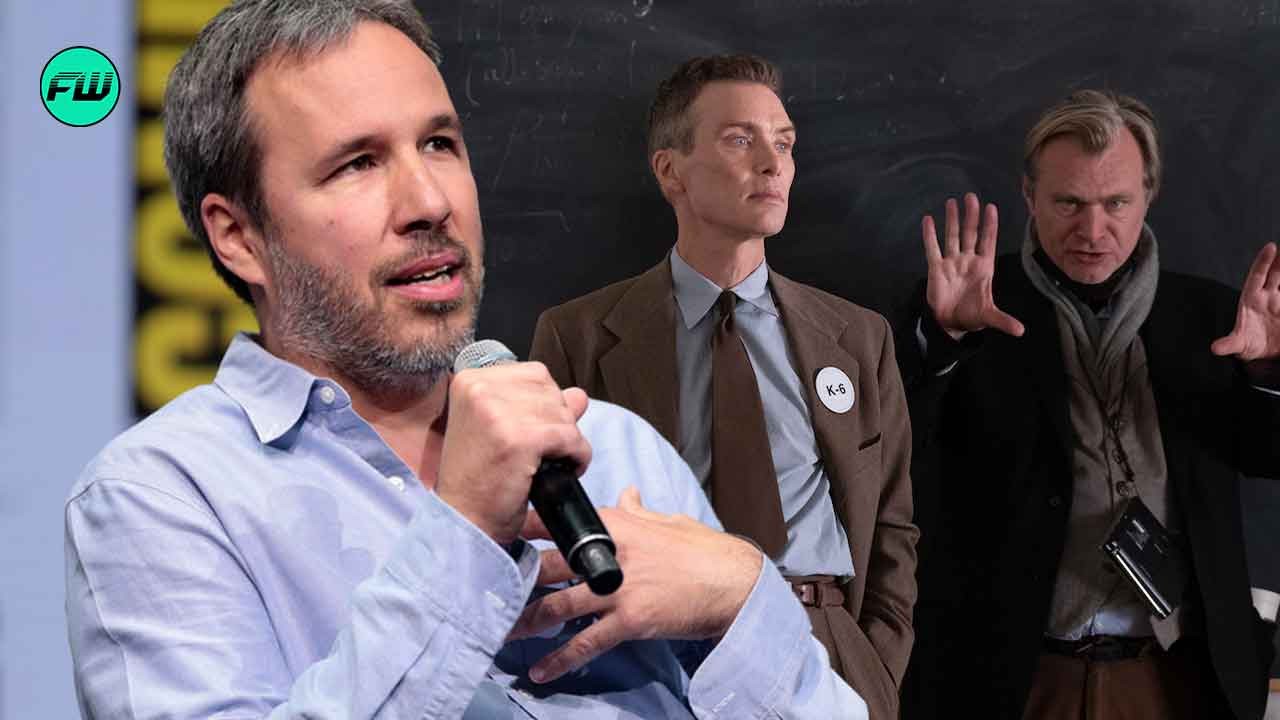Movies are subjective creations, with their quality perceived differently by each viewer. However, recent trends in cinema, particularly highlighted by the release of Oppenheimer shed light on certain factors influencing audience reception.
Dune Director Denis Villeneuve has discussed the evolving preferences of moviegoers, pointing to factors beyond just storyline and visuals.
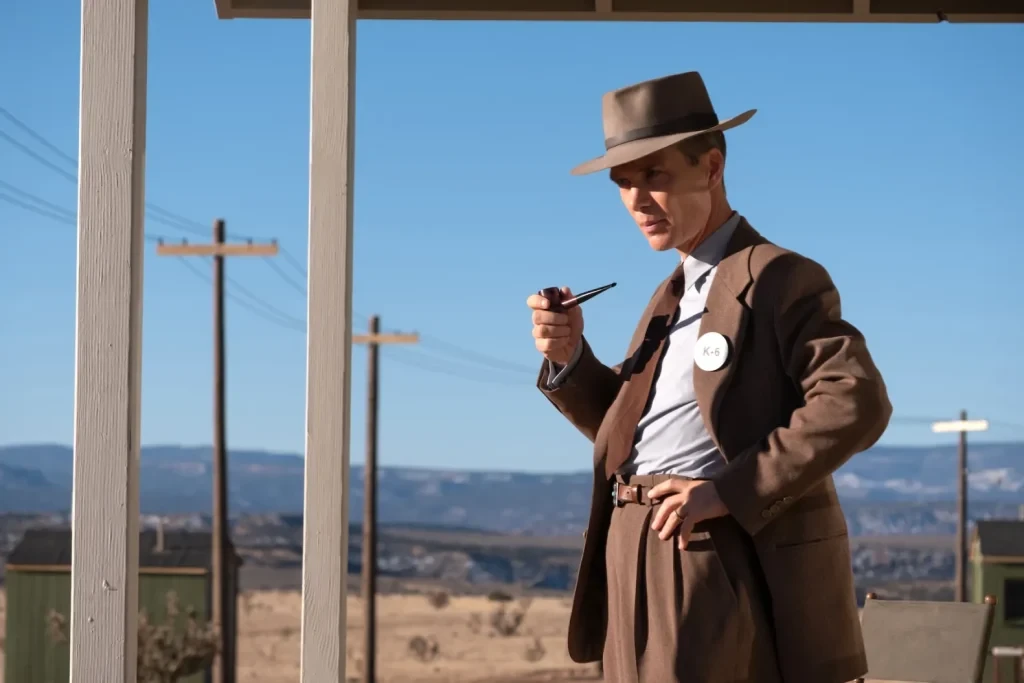
In the wake of the box office disappointment of films like The Marvels, Villeneuve drew attention to a shift in audience attitudes towards movie runtime. No longer solely focused on narrative and spectacle, audiences are increasingly mindful of the duration of a film.
Villeneuve juxtaposed the underperformance of The Marvels with the success of Christopher Nolan’s project, Oppenheimer, to illustrate this point.
The Impact of Runtime on The Marvels‘ Box Office Success
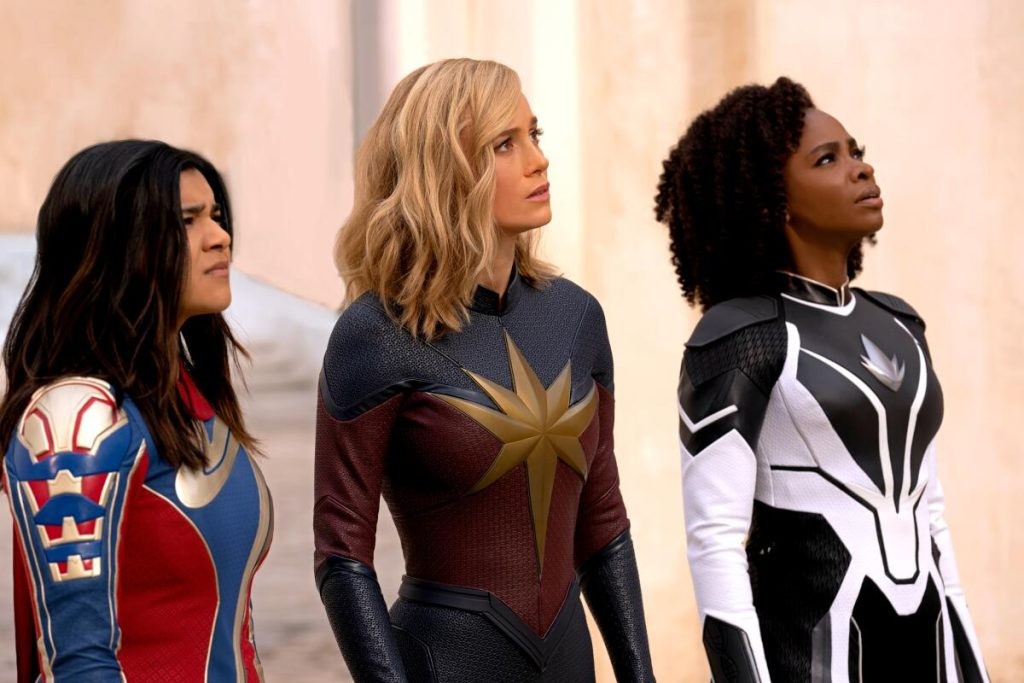
Christopher Nolan‘s Oppenheimer has garnered widespread acclaim at the box office, earning both critical praise and audience adulation on a global scale. Director Denis Villeneuve recently shed light on a pivotal factor contributing to its success: its substantial three-hour runtime.
This factor underscored the power of immersive storytelling and resonated strongly with audiences, cementing Oppenheimer’s status as a cinematic triumph.
Conversely, Villeneuve’s remarks on the success of Oppenheimer shed light on the perceived shortcomings of The Marvels, which faced significant challenges at the box office. Brie Larson‘s movie The Marvels grossed $206 million at the box office—a far cry from its potential (via Box Office Mojo).
Fans and critics alike have attributed this underperformance to various factors, chief among them being the film’s notably short runtime of 105 minutes (1 hour and 45 minutes).
That is also part of why The Marvels failed. It was too short. https://t.co/5X1BraZuaE
— MyTimeToShineHello (@MyTimeToShineH) February 26, 2024
Making shorter films to increase the amount of times it can be shown daily is not a good strategy. The most successful movies have run times just shy of 3 hours.
— boberts (@Boberts227) February 26, 2024
It’s mainly cos of bad writing, but the short runtime didn’t give it enough time to flesh out the story!
— Batnarc (@batnarc573511) February 26, 2024
The Marvels broke records as the shortest film in MCU history, surpassing The Incredible Hulk and Thor: The Dark World, both of which ran for 112 minutes. Fans have lamented the brevity of The Marvels, arguing that its narrative depth and character development suffered as a result.
Many fans have expressed disappointment, asserting that an additional 15 to 20 minutes could have significantly enhanced the film’s impact and resonance with audiences.
I enjoy long films, since you can explain and show more without it feeling rushed or crammed in
— Dtacox 🎗 (@Dtacox2) February 27, 2024
Between 2:10 and 2:30 is the sweet spot
— Jason Van Hoven 🇺🇸 🇵🇷 🇨🇺 🇳🇱 (@jasonlvanhoven) February 26, 2024
I Completely agree! That movie could have used another 20 minutes.
— Raymond Fields (@zao_lithos) February 27, 2024
Moreover, fans have critiqued the strategic implications of prioritizing shorter runtimes to maximize daily screenings. While this approach may seem financially appealing on the surface, it risks compromising the artistic integrity and emotional depth of the storytelling.
As such, it appears that a few extra minutes could have potentially salvaged The Marvels’ position within the MCU’s cinematic canon.
Dune director Denis Villeneuve has brought attention to a significant demand among young audiences, highlighting their preference for lengthy films like Oppenheimer. Villeneuve recognizes that today’s viewers seek substantial and meaningful content when they invest their time and money into a cinematic experience.
Oppenheimer, running for three hours, satisfies this demand by delivering a compelling storyline and other notable features that resonate with audiences. Denis Villeneuve told The Times of London,
“It is a three-hour, rated-R movie about nuclear physics that is mostly talking. But the public was young—that was the movie of the year by far for my kids. There is a trend. The youth love to watch long movies because if they pay, they want to see something substantial. They are craving meaningful content.”
In contrast, The Marvels director Nia DaCosta has previously expressed skepticism towards this ideology, suggesting that long runtime does not always guarantee a satisfying cinematic experience.
DaCosta told Digital Spy,
“I really wanted it to be under two hours. I always think about the runtime actually, when I go into a film. I just feel like there’s no need to have it long if you don’t need to, because 1 hour 45 minutes is pretty average for a movie, so we were all really excited … I just think you do what’s right for the movie. I didn’t even know about this runtime thing until I think it was reported on. You have to do what’s right for the movie.”
However, Oppenheimer’s lengthy runtime contributes to its success by offering a rich and immersive narrative. On the other hand, The Marvels‘ failure left a significant impact on MCU, suggesting that other factors beyond runtime also play a crucial role in audience reception and engagement.

